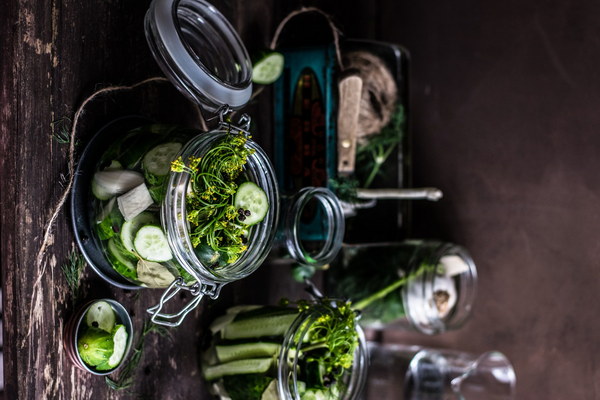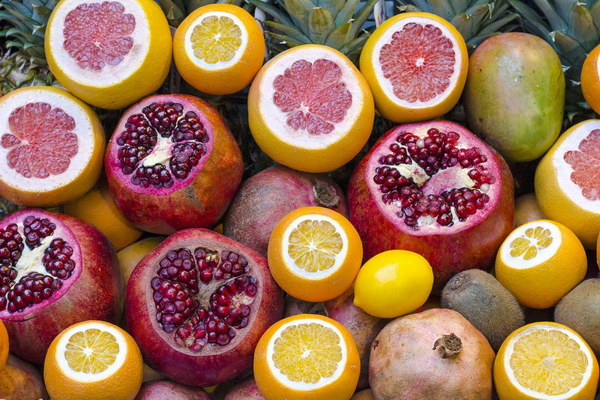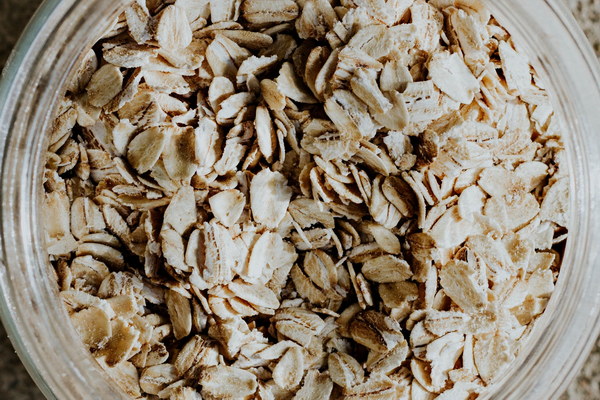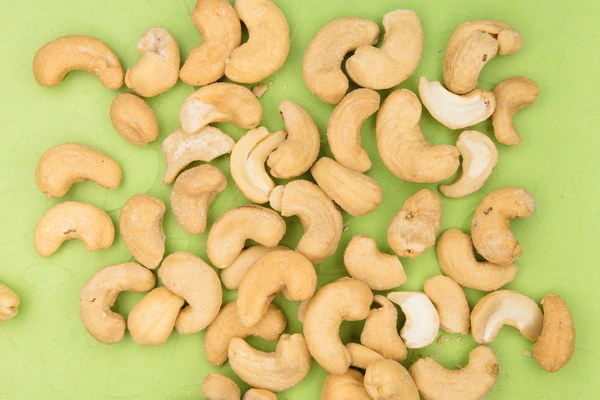Cinnamoninfused Wine A Gastric Soother and Traditional Remedy
In the realm of culinary and medicinal traditions, the use of spices has long been celebrated for their flavor-enhancing and health-promoting properties. Among these, cinnamon, a warm and aromatic spice, has gained recognition for its potential to soothe the stomach and promote digestive wellness. One such traditional method of harnessing cinnamon's benefits is through the preparation of cinnamon-infused wine. This article explores the history, benefits, and preparation of cinnamon-infused wine as a remedy for gastric health.
The History of Cinnamon-Infused Wine
Cinnamon, derived from the inner bark of the cinnamon tree, has been a cherished spice for centuries. Its use dates back to ancient civilizations, where it was not only valued for its culinary purposes but also for its medicinal properties. The practice of infusing wine with cinnamon can be traced back to ancient Greece and Rome, where it was believed to possess healing qualities.
Throughout history, cinnamon-infused wine has been used to treat a variety of ailments, including digestive disorders. The combination of the spice's warming properties with the alcohol's potential to relax the muscles of the digestive tract made it a popular choice for those seeking relief from stomach discomfort.
The Benefits of Cinnamon-Infused Wine for Gastric Health
1. Antioxidant Properties: Cinnamon is rich in antioxidants, which help combat the oxidative stress in the body. This can be particularly beneficial for those with gastrointestinal issues, as it may help reduce inflammation and protect the stomach lining.
2. Digestive Aid: The warming sensation of cinnamon can stimulate the digestive tract, encouraging the production of digestive juices and aiding in the breakdown of food. This can be particularly helpful for those suffering from indigestion or constipation.
3. Alcohol's Relaxing Effects: The alcohol content in wine can help relax the muscles of the digestive tract, potentially easing symptoms of conditions such as irritable bowel syndrome (IBS).
4. Anti-inflammatory Effects: Cinnamon has been shown to have anti-inflammatory properties, which may help reduce inflammation in the stomach and intestines, leading to improved gastrointestinal health.
How to Prepare Cinnamon-Infused Wine
To create your own cinnamon-infused wine, follow these simple steps:
1. Select Your Wine: Choose a quality wine that complements the flavor of cinnamon. Red wines like Merlot or Cabernet Sauvignon can work well, but any dry wine will do.
2. Gather Your Ingredients: You will need cinnamon sticks, a clean jar with a tight-fitting lid, and a kitchen thermometer.
3. Prepare the Cinnamon: Break the cinnamon sticks into smaller pieces to increase the surface area and enhance the flavor.
4. Infuse the Wine: Place the cinnamon pieces in the clean jar. Pour the wine over the cinnamon, ensuring that all the sticks are submerged.
5. Seal and Store: Seal the jar tightly and store it in a cool, dark place. Allow the wine to infuse for at least two weeks, shaking the jar occasionally to distribute the cinnamon flavor evenly.
6. Strain and Serve: After the infusion period, strain the wine to remove the cinnamon pieces. You may choose to serve it immediately or continue to age it for a deeper flavor.

Conclusion
Cinnamon-infused wine offers a delightful blend of culinary tradition and potential health benefits for the stomach. While it is not a substitute for medical treatment, it can be a delightful and soothing addition to one's wellness routine. Whether enjoyed as a digestive aid or simply as a flavorful beverage, this traditional remedy continues to be a cherished part of many cultures' healing practices.









